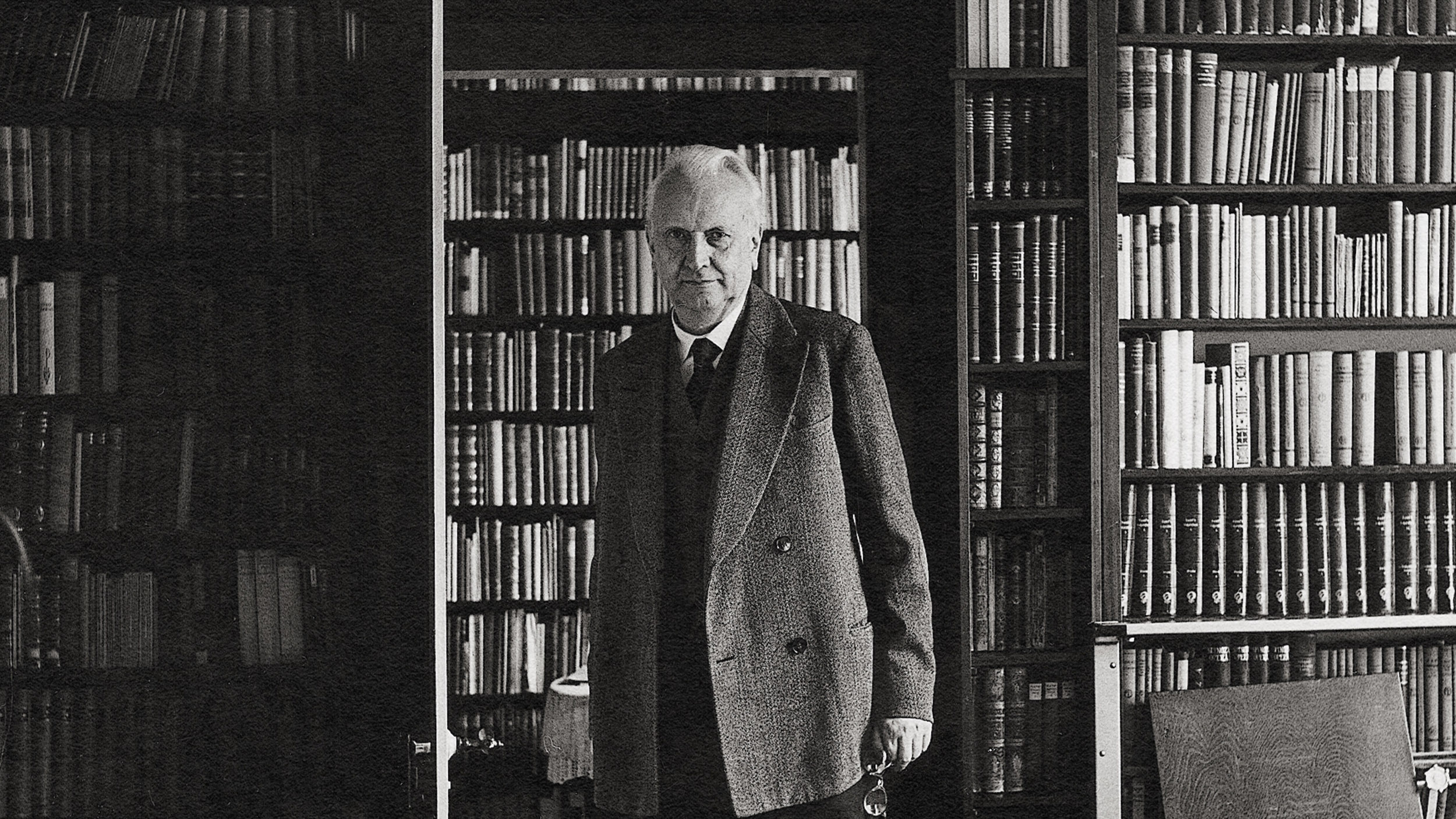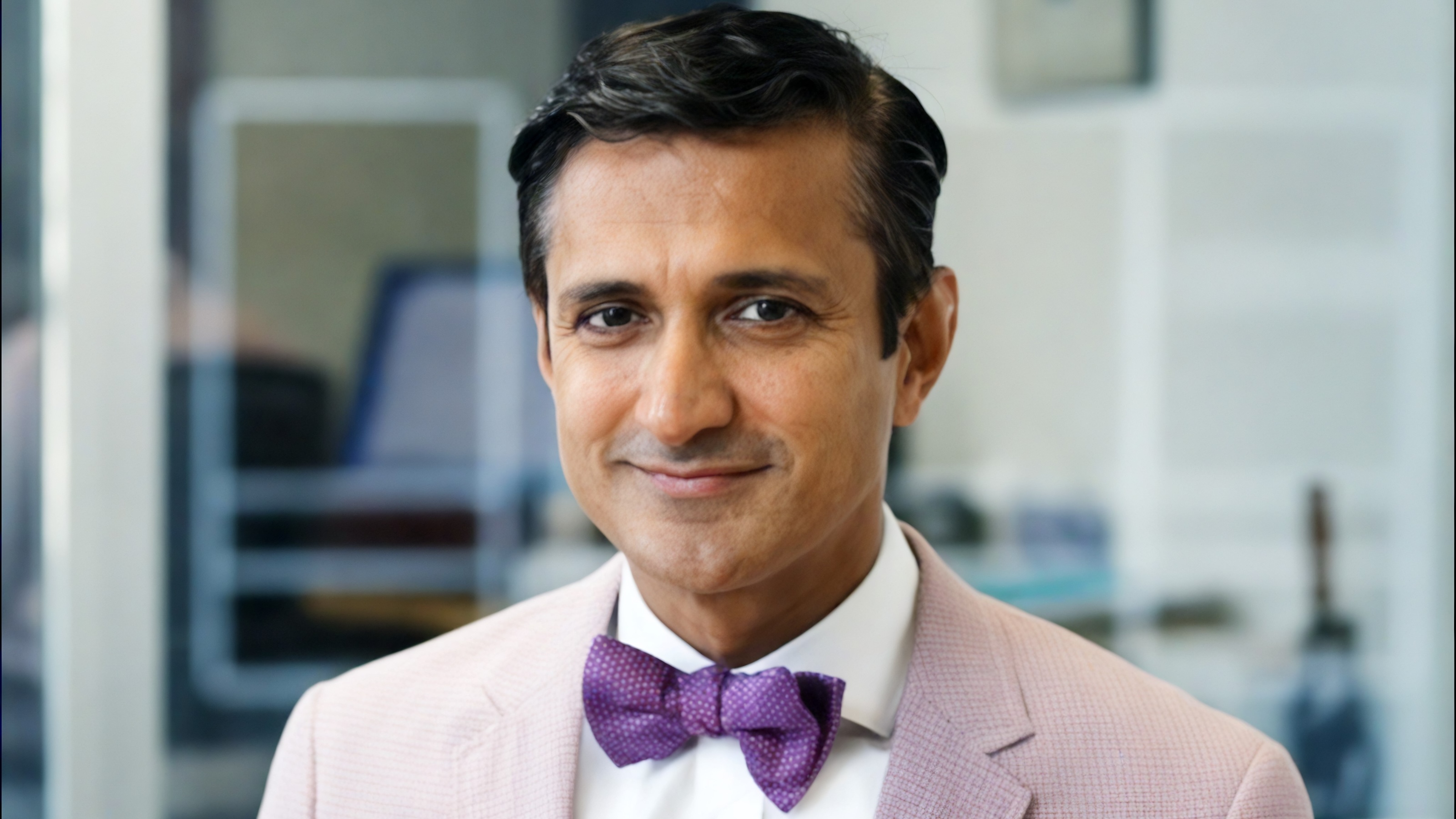How has the new generation of black leaders differentiated itself from the old guard?
Question: How does the new generation of Black leaders differentiate itself from the old guard?
Cory Booker: You know, it's complicated and it's a mixed bag. I mean, there were some black leaders in the country and Jesse Jackson Jr., Harold Ford Jr., I think, who didn't necessarily have overt clashes with the generation before, because they sort of got passed the torch or didn't necessarily have to do what Barack did, what Archer Davis did, and unfortunately what I had to go through where, so suddenly you find yourself challenging these lions, these guys that are often 20, 30, 40 years older than you are challenging their seats and then you have generational clash, which, again, isn't bad thing, and you have see it before in many ways, I talked to so largely, also white leaders in Newark and they say “yeah, we had to come and challenge the old guard.”
So, that's natural, but the question you asked is more pointed about how are we responding to them. I almost do not see it necessarily as a response to them, I more see it as a because of them, you know, because of them I am where I am, because of them I am standing tall, taller, because I am standing on their shoulders. I am the crown that a political victor wears in my generation was paid for and earned not by them, but by the struggles of the generation. Not just black leaders or from the previous generation, but white leaders from the previous generation and Latino leaders. So, I don’t often like how people try to pit us almost like generations against each other or it really is a constant evolution of America in the same way the Malcolm X and Martin Luther King and Fenny Luheaimer [phonetic] and Mary McCloud Bethune were all sort of outgrowths of Fredrick Douglas and Booker T Washington. So, this constant evolution in America one generation benefiting from the shoulders of another and some times, hey, there is times where the young turks are trying to get their chance to be at centre stage, but that the majority of the things that I know, once my parents where I sat around their dinner table looking at a statue of John F Kennedy and listening to my mom talk about organizing the March on Washington, these are people that we revere and are grateful for all their struggles and we now just want the opportunity to contribute and try to live up to the level of the courage and commitment that they had.
Question: Your first election was hard fought. Was it a necessary part of this process?
Cory Booker: Well, that was a redbrick of Sharp James, that was his famous quote, as we know I have taught teach this boy how to be black or something to that affect, which is offensive to me as it should be, I think the most that there is just any conceptions of narrow racial essentialism already unfortunate that the authentic black experience has to be X, Y or Z. With the same people that said when they saw a Boo Cosby show, “Oh, that is not about black people, doctor and a lawyer married and so on and so forth.” That is outrageous. Same people that challenge an orthodox, that is not the black sport tennis so on and so forth. So, we as the people, especially African American folks should never be so confining and limiting to who we are as a people and who we are a people infinite possibility approx people of perpetual dynamism and constantly reinventing ourselves as a people of African American or as a nation Americans in general. So, look the reality was is I, like a lot of other young like the leaders of all races was running against the person that was almost twice my age, who had been in office in the city for all most as long as I have been alive, I have been Mayor for at the pointing 16, 20 years. So, it definitely was going to a challenge to this status cove into a very well oiled political machine and it was going to be ugly election and my team of insurgents, we were great in terms of the effort we put forward through this community organize, community organizing and we were able to shine a light on the machine by working to attract the national attention on election and they even fought at federal elections absorbers, because they are so worried about the violence and we are able to get or capture lot of attention to finally say “hey, what is going on here is unjust and the way they carry on along the business” and then we were able to make it national cause and able to raise the money to stay competitive with this political machines, who had all the makings of a dramatic story, which is why it became an Oscar nominated movie, because I think people did not realize that kind of stuff what is going on in America and they could have been that kind of violently contested elections, as they were in the city at that point, but there was a lot of stake. It was the end of a political machine era in Newark, that we are trying to change the culture and bring us into the politics of professionalism, bring us into the politics of performance, bring us into the politics of focuses on issues and ideals as suppose to the perpetuation of political power. So, it is a struggle and it wasn’t a struggle, but at the end of the day, it is just the testimony of the continuing evolving story of urban politics in general and American politics, I am sorry, urban politics in particular in American politics in general.
Recorded: 3/11/08





